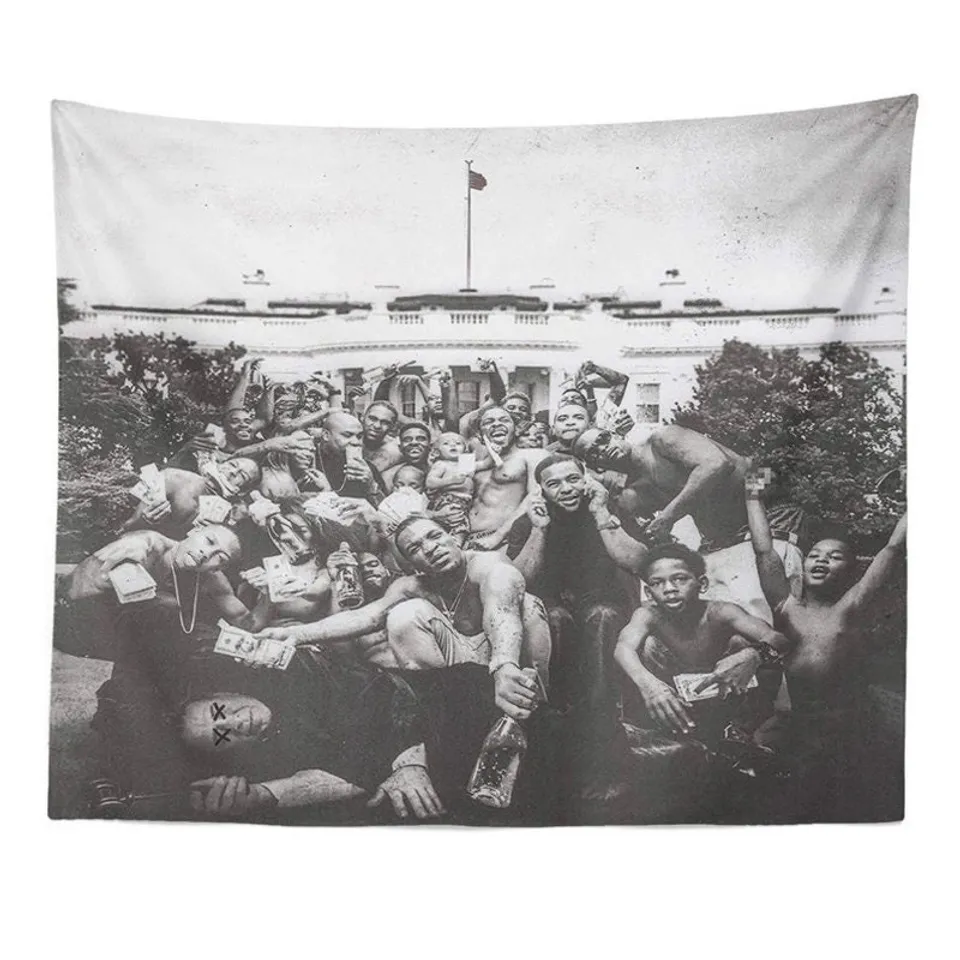(Spoiler warning and Trigger warning: Self Harm and Suicide)
“Don’t Worry Darling” has been present in the news for a few months now, but unfortunately not for the film itself. Rather, the drama behind it has sparked the most buzz. I’d originally told myself I’d avoid watching because of this, but the desire to see the finished project of the alleged behind-the-scenes chaos provoked my interest.
After viewing the film twice in the same week, I can say that “Don’t Worry Darling” is a film. It’s nothing too spectacular. Nothing too mind-numbingly terrible either. It attempts to critique the patriarchal control of women and toxic masculinity, but unfortunately doesn’t do anything new with this.
The story of “Don’t Worry Darling” takes place in an idyllic 1950s-style town named Victory. The town is under the control of the main antagonist Frank, who is played by Chris Pine. The story is from the perspective of Florence Pugh’s character Alice. She serves as the loving housewife to Harry Styles’ character Jack. Throughout the film, Alice has growing suspicions of Frank and the true nature of Victory.
The director Olivia Wilde made an effort to emphasize that the film was a feminist thriller, but it unfortunately falls flat. It only focuses on the experiences of upper-middle-class white women and fails to address the experiences of the other groups of women that should be included in feminism as well. From the way the trailer looked, it didn’t seem like it’d be this way.
The trailer highlights the presence of a Black character in the film named Margaret, played by Kiki Layne, who first sounds off the alarms that something within the town of Victory isn’t quite right. It seems as though she will be a major part of the story. However, in viewing the film it is clear that her role is to serve as the main character’s stepping stone towards becoming the film’s hero.
Margaret is a housewife who lives in Victory with her husband Ted, played by Ari’el Stachel. In the bacstory, Margaret was friends with the Alice, but their friendship dissolved after Margaret started “going crazy.” During the film, she’s the one who starts arousing doubts in Alice’s mind about the circumstances of Victory. It’s revealed that she broke a rule that states women cannot go behind a certain point in town and lost her son as a result. Ever since, the people of Victory labeled her as a delusional woman. At the film’s turning point, she commits suicide by slitting her throat and Alice is the sole witness.
Due to this, Margaret’s character is sadly reduced to a plot device rather than a character in her own right. She is severely underdeveloped and is rarely featured in the film unless she’s alerting Alice or the others in Victory that something’s wrong. She’s pivotal to the story but isn’t treated as such.
This is a trope referred to as the “Magical Negro.” This trope was coined by Spike Lee in 2001. It’s when a Black character’s purpose is only to aid the white protagonist with their enhanced insight or seemingly mystical abilities. The rehashing of this trope within cinema only serves to reduce the roles of people of color to more flat or static characters that exist only for the white protagonist and nothing else. The mishandling of the only Black character who actually has lines in the film, is shameful at best and really hallmarks the story as a film of white feminism more than anything else.
Looking at it from outside of this perspective, the film just isn’t that awe-inspiring. The movie lacks the depth that it needs for its message to get across, and the third-act is rushed and clumsily thrown together. This leaves viewers disoriented by the end.
In short, it is a film. A film that you really don’t need to see.







